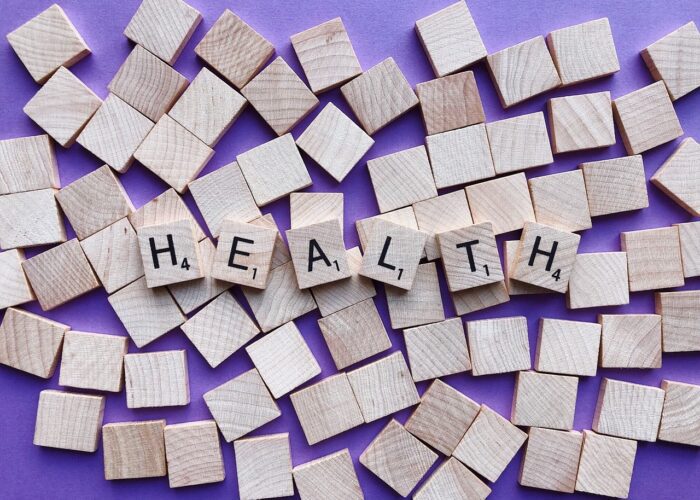Sex education is a tool that helps people to make an informed decision about sex and sexuality by exploring and discussing a broad range of topics. The comprehensive knowledge about values and beliefs related to sex and sexuality helps people to understand their own sexual health and relationship in a better way. With the growth of modern technology and the ease of accessibility of internet connectivity to children below 18 years of age, it has become more important that parents, schools, community, and society as a whole work together to satisfy the curiosity of children, so that they do not look up to unreliable sources to find answers to their questions.
Comprehensive sexuality education
Comprehensive sexuality education refers to the K-12 program and it includes a wide range of topics which includes aspects such as:
- Society and culture- which means the way sexuality is portrayed in the media, diversity in society, gender roles, etc.
- Sexual behavior- It includes abstinence from any sexual activity or overindulgence in sexual activity throughout life.
- Sexual health- This is one of the most important aspects, as it includes topics like contraception, transmitted diseases, pregnancy, thereby highlighting the importance of using protection.
- Personal skills- It includes communication skills, negotiation skills, and decision-making skills
- Relationships- This includes an individual’s relationship with friends, family, romantic partners, etc.
- Human Development- This includes providing knowledge about reproduction, puberty, gender orientation, etc.

Importance Of Sex Education
Proper sex education helps in ensuring the proper physical, mental, and social well-being of a person and his comfort with sexuality and sexual health. This will also ensure that there is no further spread of diseases that are related to sexual health. Including sex education in school curriculum has always been a topic of debate in Indian society. India is one of the countries with the highest adolescent population but with little knowledge of sex. Sex is a topic for discussion and questioning is frowned upon in Indian society. Parents till date find it uncomfortable to use the word ‘sex’ with their children, so let alone be providing proper and adequate knowledge on this issue. This behavior sits at the root of many problems in Indian society. Thus, since children do not get satisfying answers to their questions about sex, they turn to their peers to discuss this topic, who in turn are equally immature when it comes to this topic.
As far as the history of Indian society is concerned with respect to sexual health and sexuality, we find many ancient Indian folktales, mythology, and manuscripts that openly mention this topic but things started changing with the coming of middle age. Thus, it becomes important that we now openly talk about sex education so that the next generation becomes empowered and enlightened about this topic.

Role Of Schools in promoting sex education
School also plays a significant role in providing sexual education to adolescents as it alone is an institution that is in continuous interaction with a humongous size of adolescents. It provides a healthy platform for students to raise their concerns on this topic and look for their answers. However, it becomes important that school curriculum and teachers address this question considerably, or else school only becomes a platform where students connect with their peers to find answers to their questions. At times, this results in students making wrong choices as they lack basic sex education. In Indian society, CBSE includes merely two chapters on reproduction in class 8th and 10th. Often, even these chapters are skipped while teaching. The impact of lack of sex education in schools and homes gets highlighted when students show insensitivity while studying these few chapters.
Sex education in india
In 2014, Health Minister Harsh Vardhan announced that he wants to ban sex education in India. It is a matter of concern as in India, instead of giving much importance to sex education, there are talks about banning it. He opposed ‘so-called’ sex as it promotes vulgarity and is against traditional Indian values. This was against the 2007 health education program for adolescents that India’s National AIDS Control Organization and its Ministry of Human Resource Development was promoting. Followed by this, Rashtriya Swayamsevak Sangh and Shiksha Bachao Andolan Samiti resorted to violence and threatened schools and teachers that would try to continue with this 2007 program. As a result of this, many states banned sexual education. However, after years of banned sex education in many states, Prime Minister Narendra Modi rolled out a sex education program in 2018.
Despite these developments, we still have a long way to go. Indian society still considers sex education as a taboo and influence of the Western world which they believe is corrupting the Indian minds. We still need to find our way to introduce sexual education with much rigor, so that we fight insensitivity present in adolescents with respect to sex education.






